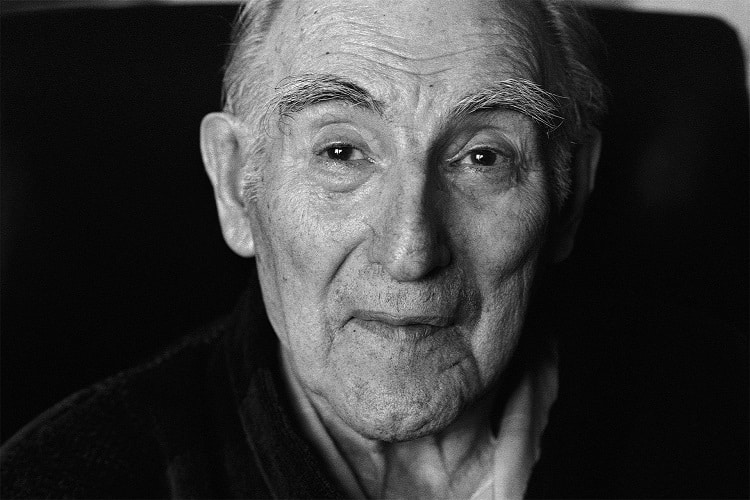Vitaly Ginzburg (4 October 1916 – 8 November 2009) was a Russian physicist. He was awarded the Nobel Prize in Physics in 2003.
Life and Career
Vitaly Ginzburg was born on 4 October 1916, in Moscow, Russia. He grew up during a tumultuous period in Russian history, witnessing the Russian Revolution of 1917 and the subsequent social and political changes. Despite the challenges, Ginzburg’s passion for science and education blossomed early.
Ginzburg attended Moscow State University, where he studied physics under the guidance of renowned physicist Lev Landau. Under Landau’s mentorship, Ginzburg developed a deep appreciation for theoretical physics and began his lifelong journey as a physicist.
Ginzburg is perhaps best known for his work on superconductivity and superfluidity. In 1950, he formulated the Ginzburg-Landau theory, a fundamental concept in the study of superconductors. This theory revolutionized our understanding of superconducting materials and earned him the Nobel Prize in Physics in 2003, alongside Alexei Abrikosov and Anthony Leggett.
Ginzburg also made significant contributions to particle physics. His work on the theory of electromagnetic interactions in high-energy physics helped advance our understanding of subatomic particles and their interactions.
In addition to his work on condensed matter and particle physics, Ginzburg delved into astrophysics. He explored the behaviour of matter in extreme conditions, such as in neutron stars and black holes.
Vitaly Ginzburg passed away on 8 November 2009, in Moscow, Russia.
Award and Legacy
Ginzburg was awarded the Nobel Prize in Physics in 2003, jointly with Alexei Abrikosov and Anthony Leggett, for their groundbreaking work on superconductivity and superfluidity. This honor highlighted the immense significance of his Ginzburg-Landau theory, which provided a foundational framework for understanding these phenomena.
Ginzburg’s most enduring legacy is the Ginzburg-Landau theory, which remains a cornerstone of condensed matter physics. It has had a profound influence on the understanding of superconductivity and superfluidity, leading to practical applications in various technologies.
Ginzburg was known for his dedication to teaching and mentorship. He trained and inspired numerous students and researchers who went on to make their own contributions to physics.
Throughout his life, Ginzburg advocated for the importance of scientific research and education. He emphasized the ethical responsibility of scientists and the need to communicate science to the broader public.
His writings, research papers, and books continue to be valuable resources for physicists and researchers worldwide. His work laid the foundation for further advancements in condensed matter physics and particle physics.

